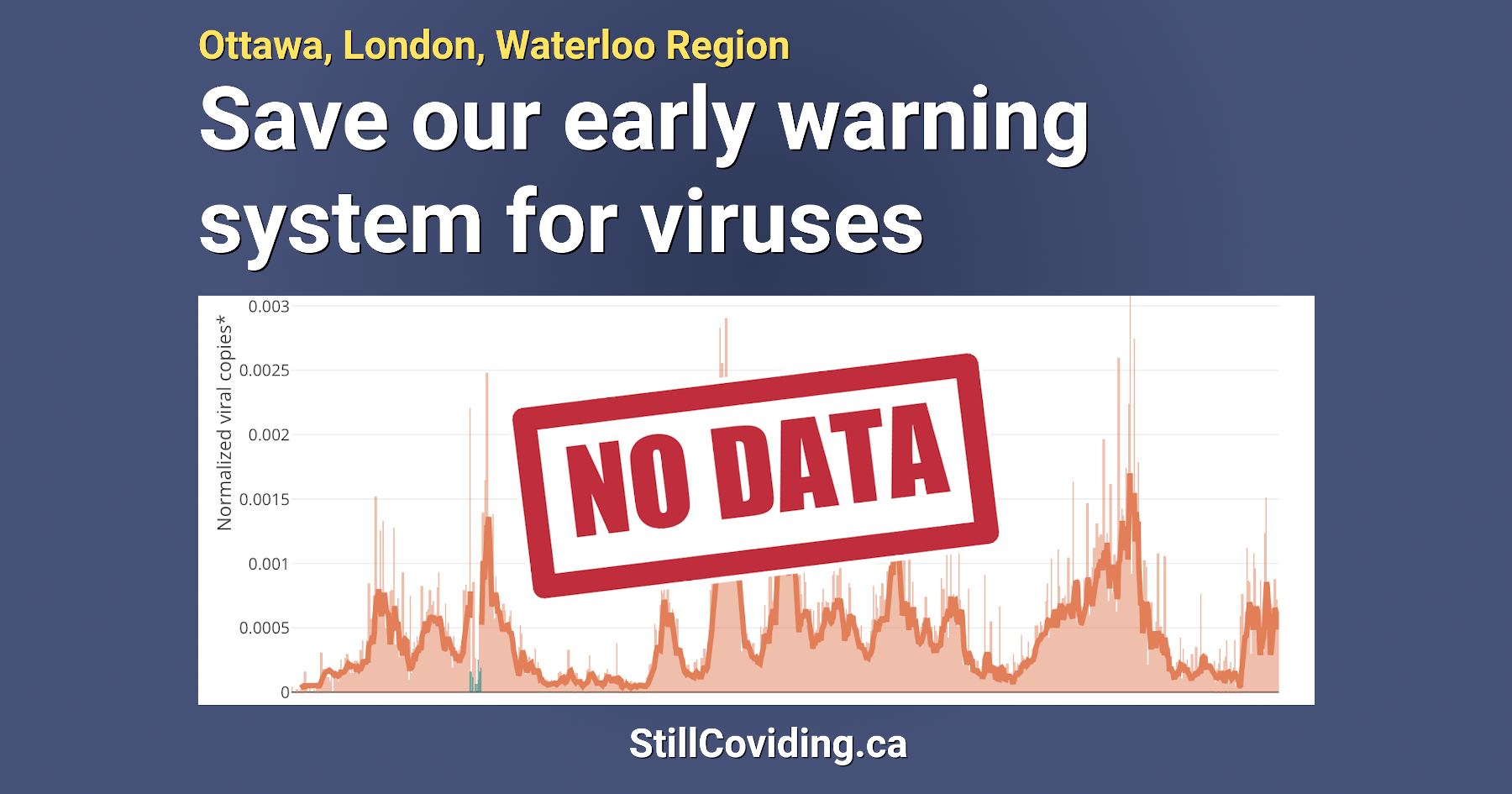On Friday, Minnesota Rep. Ilhan Omar (D-Minn.) will introduce a potentially groundbreaking piece of federal legislation in the House of Representatives—one allocating $10 billion in funding to fight Long Covid, the increasingly widespread, chronic condition that follows many Covid infections. The Long Covid Research Moonshot Act is a companion bill to one that Sen. Bernie Sanders (I-Vt.) introduced in the Senate in August.
“Long Covid is a silent health crisis impacting over twenty-three million Americans, including one million children,” Omar said in a statement to Mother Jones. (Rep. Ayanna Pressley, D-Mass., is the co-lead on the legislation.) “I’m proud to lead this effort in the House to recognize Long Covid as the public health emergency that it is and invest in countering the effects of this terrible disease.”
Long Covid symptoms often include debilitating fatigue, and many people found to have it have also been diagnosed with conditions like myalgic encephalomyelitis/chronic fatigue syndrome and postural orthostatic tachycardia syndrome. ME/CFS, which is characterized by post-exertional malaise, is known to be associated with other infectious diseases—the CDC states that about 1 in 10 people infected by the Epstein-Barr virus (which 95 percent of adults get) experience ME/CFS-like symptoms. And research shows that repeated Covid infections increase people’s risk of developing Long Covid.
Comments closed
